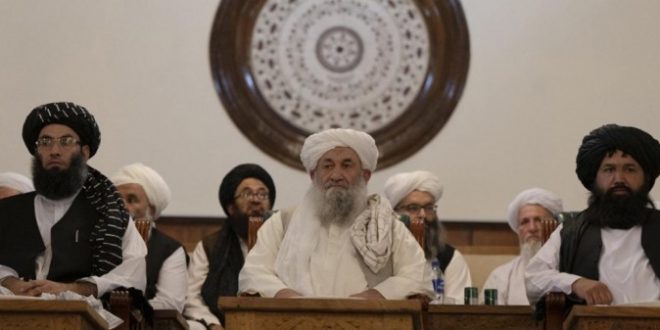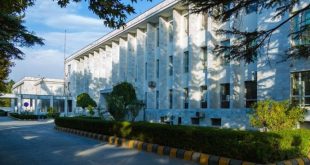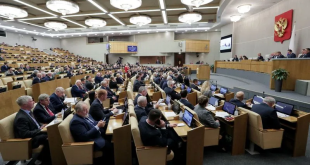KABUL – The United Nations mission in Afghanistan on Tuesday called on the Taliban leadership to uphold international human rights obligations, emphasizing that such a commitment is vital for the nation’s protection and prosperity.
This appeal follows unconfirmed reports that Taliban leader Hibatullah Akhundzada has ordered educational institutions to suspend medical courses for women and girls. The reports, yet to be addressed by the Taliban, have intensified global concern over the erosion of women’s rights in the country.
Marking International Human Rights Day, the UN highlighted how empowering individuals through rights can foster a better future. Roza Otunbayeva, head of the UN mission in Afghanistan, expressed dismay over the current trajectory.
“Regrettably, we continue to see the opposite unfold in Afghanistan,” she said, condemning the systemic exclusion of women and girls from education, employment, and public life.
Fiona Frazer, the UN High Commissioner for Human Rights representative in Afghanistan, warned that denying basic rights to women and girls represents a failure of governance.
Taliban authorities frequently reject external criticism, arguing that it disregards Islamic principles and Afghan cultural realities. Chief government spokesperson Zabihullah Mujahid defended the administration, citing improved security and functioning judicial systems as evidence of progress.
In a message posted on X, formerly known as Twitter, Mujahid insisted that human rights should align with Islamic beliefs and Afghan traditions, dismissing the imposition of foreign values.
Interior Minister Sirajuddin Haqqani, a senior Taliban figure, recently offered a rare critique of the regime’s approach, cautioning against the monopolization of Islam and the alienation of dissenters. Addressing a Kabul madrassa, he emphasized that leadership should be inclusive and receptive to the people’s concerns.
Haqqani, however, remains a controversial figure, wanted by the U.S. for his role in deadly attacks on Afghanistan’s former Western-backed government. Despite this, his remarks signal internal rifts and growing dissatisfaction with the Taliban’s rigid governance style.
The UN and other international entities continue to pressure the Taliban to adopt policies that respect human rights and promote inclusivity, underscoring their importance for Afghanistan’s stability and prosperity.
 Afghanistan Times
Afghanistan Times




